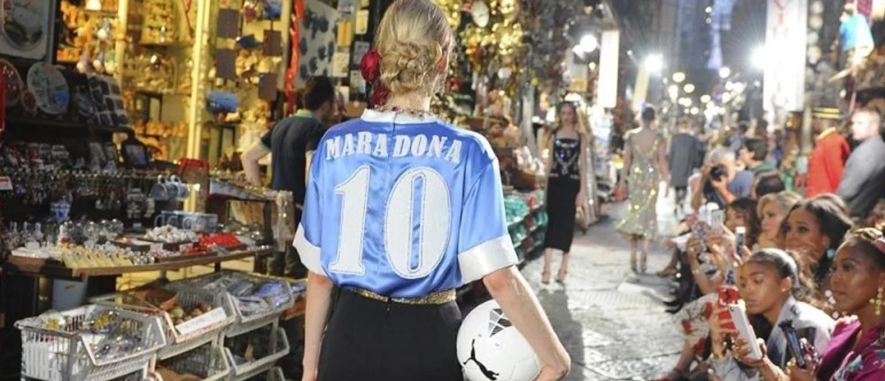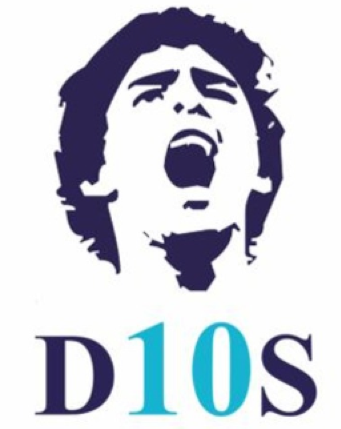
No one can appropriate the name of the idol of the Neapolitans, el Pibe de Oro (“The Golden Boy”), without his consent. This was the ruling of the Court of First Instance in Milan last December (ruling no. 1137/2019), upholding the lawsuit brought by the famous Argentine footballer for the improper use of his name against the renowned fashion company Dolce & Gabbana, which was ordered to pay compensation of 70,000 euros.
The apple of discord was the light blue shirt of the Parthenopean team with the number and name of the praised champion, that a model wore during a fashion show of Dolce & Gabbana in 2016. Diego Armando Maradona did not like the "tribute" that the two Italian stylists tried to make. The Argentine footballer sued D&G for violation of his right to his own image and name, as well as for taking unfair advantage of his reputation, since consumers could have mistakenly assumed the existence of a commercial collaboration between the footballer and the fashion house.
The Milan Court upheld Diego Armando's claims and held that the 'use of Maradona's name was explicitly intended to appropriate those attractive components inherent in the reference to the prestigious sporting history of the legendary footballer', since Maradona's name conveys ‘particular impressions of historical allure and football excellence’. However, the Italian judge reduced the compensation requested by the lawyers of el Pibe de Oro (1,000,000 euros), because the football shirts were not sold. Finally, in application of the hypothetical royalty criterion, the damages were set at 70,000 euros.
The above-mentioned ruling is in line with the general trend in Italian case law to protect in a broad and reinforced manner the rights to image against its non-consensual use for advertising or commercial purposes. The Italian courts consider as illegitimate interference, any non-authorized use of a person's name, voice or image in the promotion of a product or service, in a way that contributes in any way to make the advertising more attractive or persuasive.
However, it is interesting to consider where the subtle line between misuse or free riding and cultural and artistic interest or homage lies. Did Dolce & Gabbana stylists really want to take advantage of the footballer's reputation or did the shirt of "El Diez" want to represent an emblem and homage to the culture and history of Naples, during a parade organized through the streets of the city?
In the end of the day, one thing is certain: the tifosi of Naples were right when they sang "Maradona non Perdona" in the stands of the San Paolo stadium.

